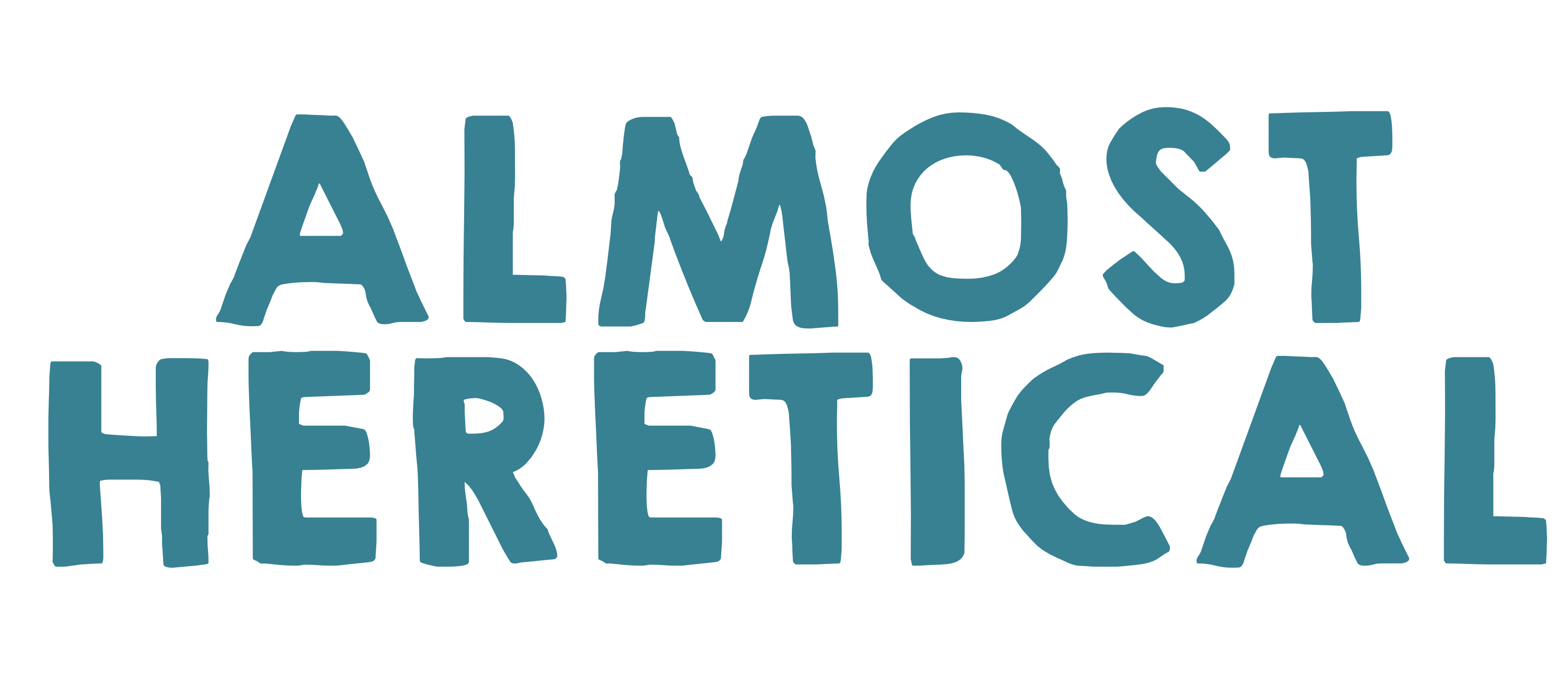In a compelling discussion with Thomas Jay Oord, we are introduced to the intricate concept of open relational theology, which presents a refreshing divergence from traditional views of the divine. Oord meticulously unpacks this perspective, illustrating a God who is deeply relational, affected by human actions, and an active participant in an open, undetermined future. This theology posits that God’s essence is defined by an uncontrolling love, a love that does not dominate but rather collaborates with creation in the unfolding of time and existence.
Oord’s exposition extends to the afterlife, challenging conventional notions with the idea of a localized afterlife. This belief underscores the theory that existence beyond death may not be as abstract or omnipresent as traditionally thought, lending a more intimate, continuous thread to our understanding of life and beyond. He boldly shares some of his more unconventional beliefs, such as viewing Jesus not as an omnipotent deity but as a special human, whose life exemplifies the ultimate revelation of God’s love. This view of Jesus as a figure who perfectly embodies open relational theology’s principles offers a nuanced understanding of divinity and sanctity.
Moreover, Oord delves into the practical implications of this theology on prayer, particularly petitionary prayer, challenging the idea that God controls every outcome. He advocates for a model where prayer is seen as a dynamic interaction with a God who is responsive and present in every moment of our lives. This reimagining of prayer fosters a deeper, more meaningful engagement with the divine, encouraging believers to see prayer as a participatory action rather than a request for divine intervention.
Oord also addresses the inclusivity of open and relational theology, highlighting its applicability beyond Christianity. This universality speaks to the theology’s foundational belief in a God who transcends cultural and religious boundaries, inviting a broader spectrum of spiritual seekers into a dialogue about the nature of God and the universe.
By differentiating his views from the impersonal force depicted in Star Wars and the traditional anthropomorphic image of God, Oord invites listeners into a profound reconsideration of their spiritual beliefs. His exploration of localized spirits and the field of parapsychology further enriches the conversation, challenging listeners to expand their understanding of spirituality and the afterlife.
In summary, Thomas Jay Oord’s exploration of open relational theology offers a transformative view of divinity, emphasizing a God who is relational, influenced by human actions, and embodies uncontrolling love. This perspective not only challenges traditional beliefs but also encourages a more inclusive, dynamic understanding of spirituality that resonates across religious boundaries. You can check out Thomas’ latest book God After Deconstruction with Tripp Fuller.
Takeaways
- Open relational theology sees God as relational and influenced by humans.
- The future is open and yet to be determined.
- God’s love is uncontrolling and God’s power is the power of uncontrolling love.
- Open and relational theology is inclusive and not limited to Christianity.
After Show

Want to hear Nate & Shelby debrief this episode? Listen to the extra episode!

